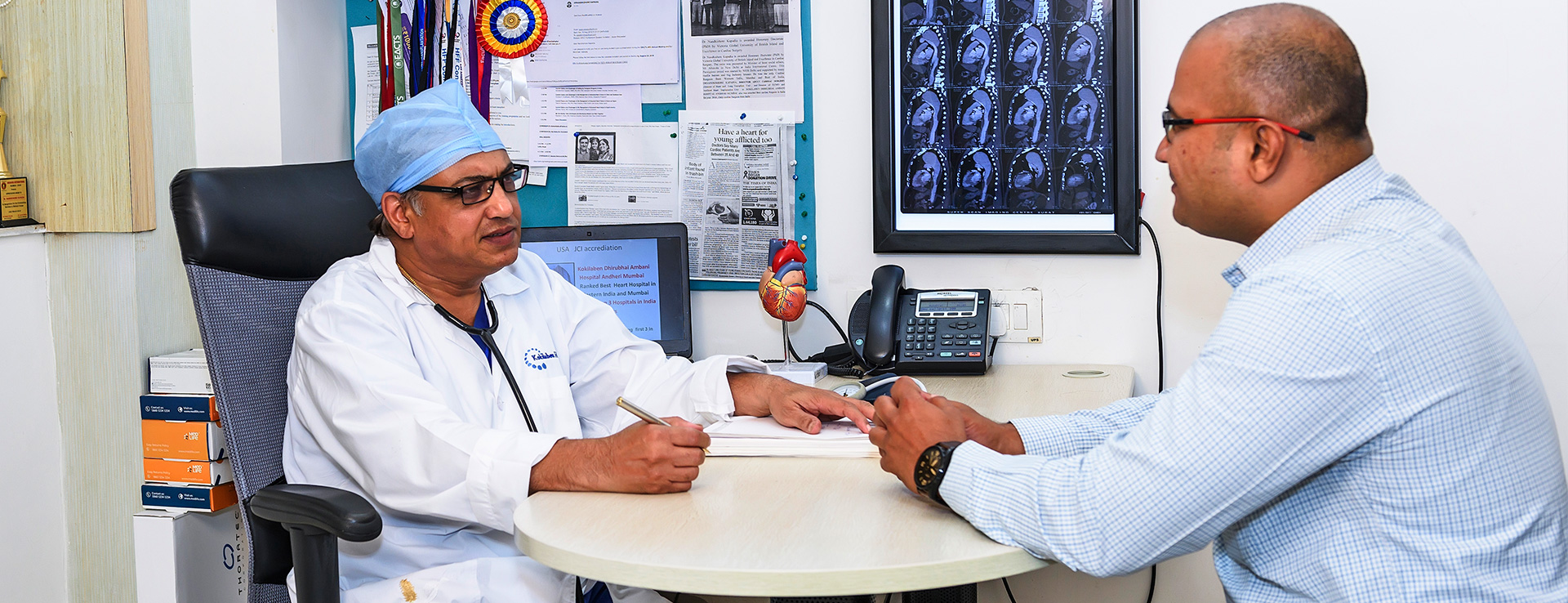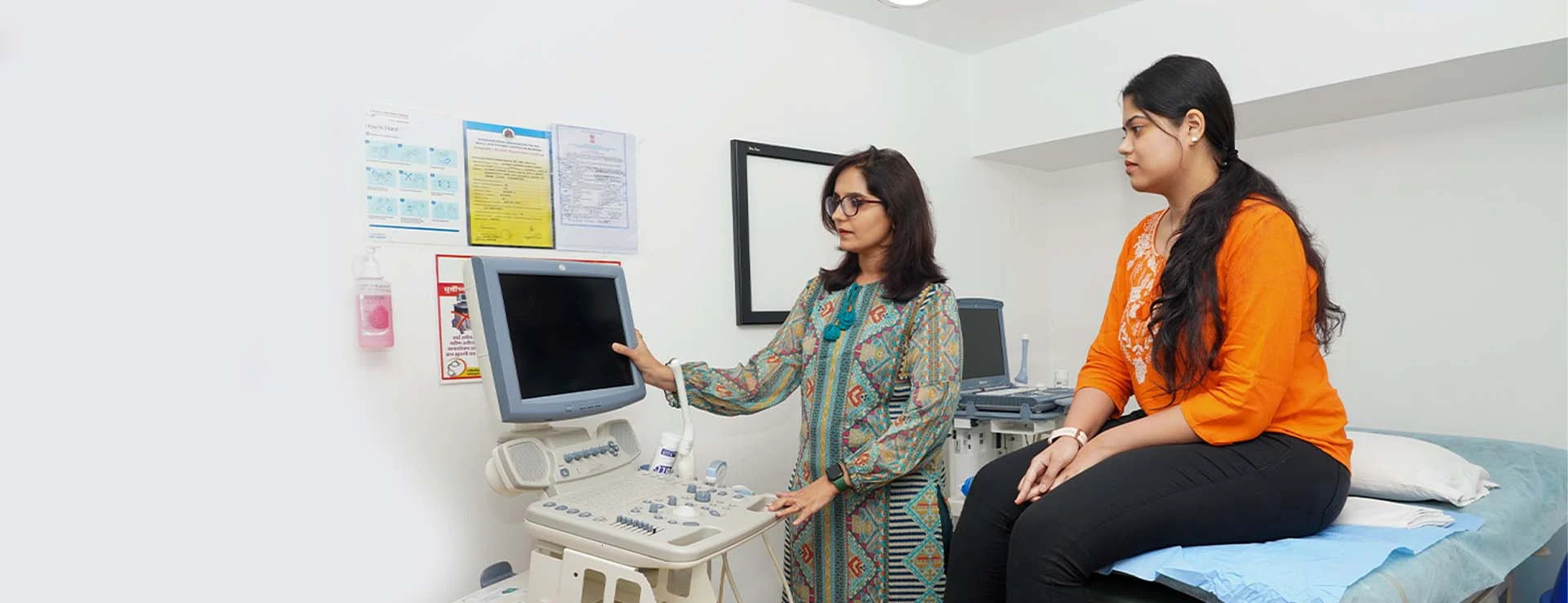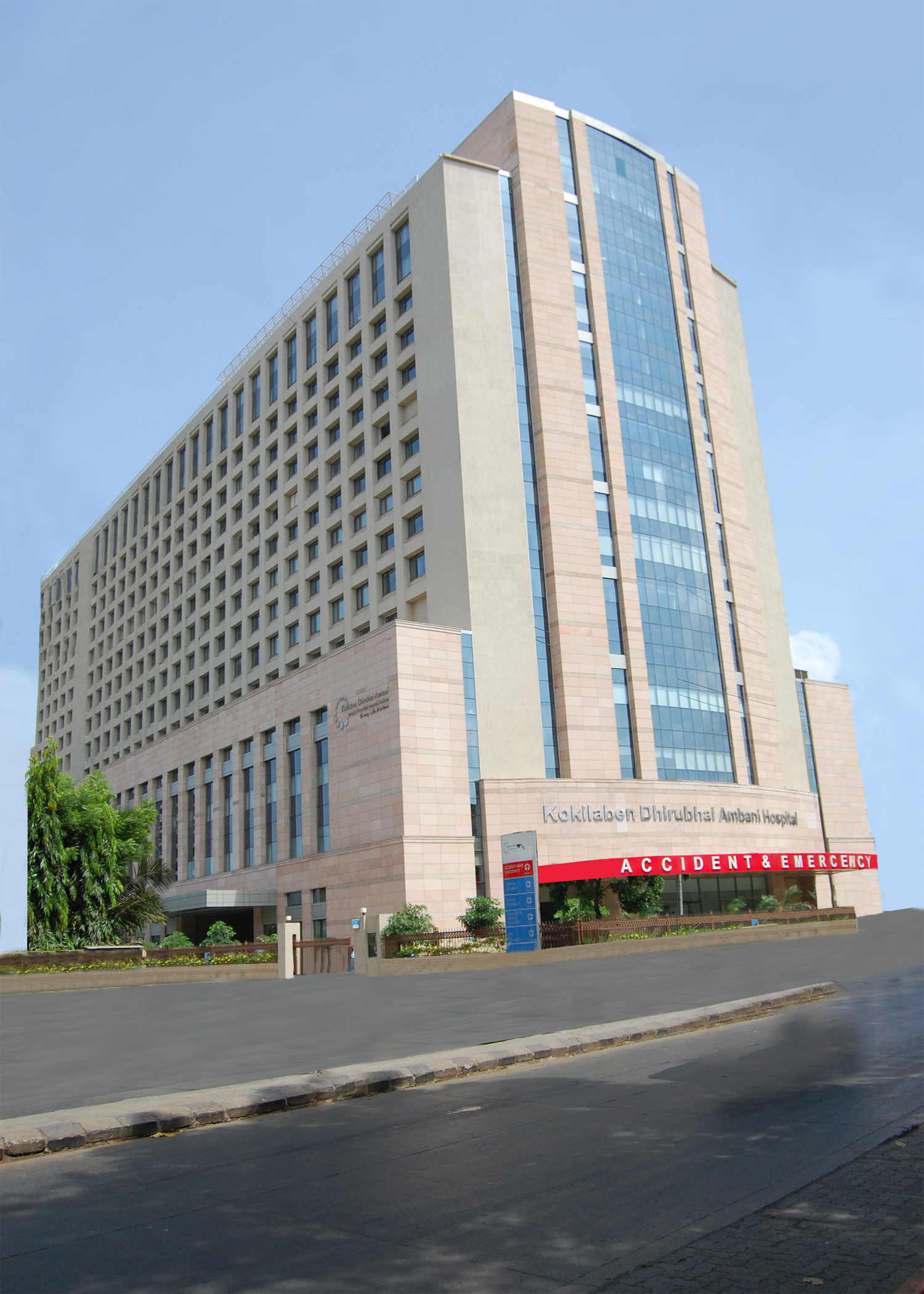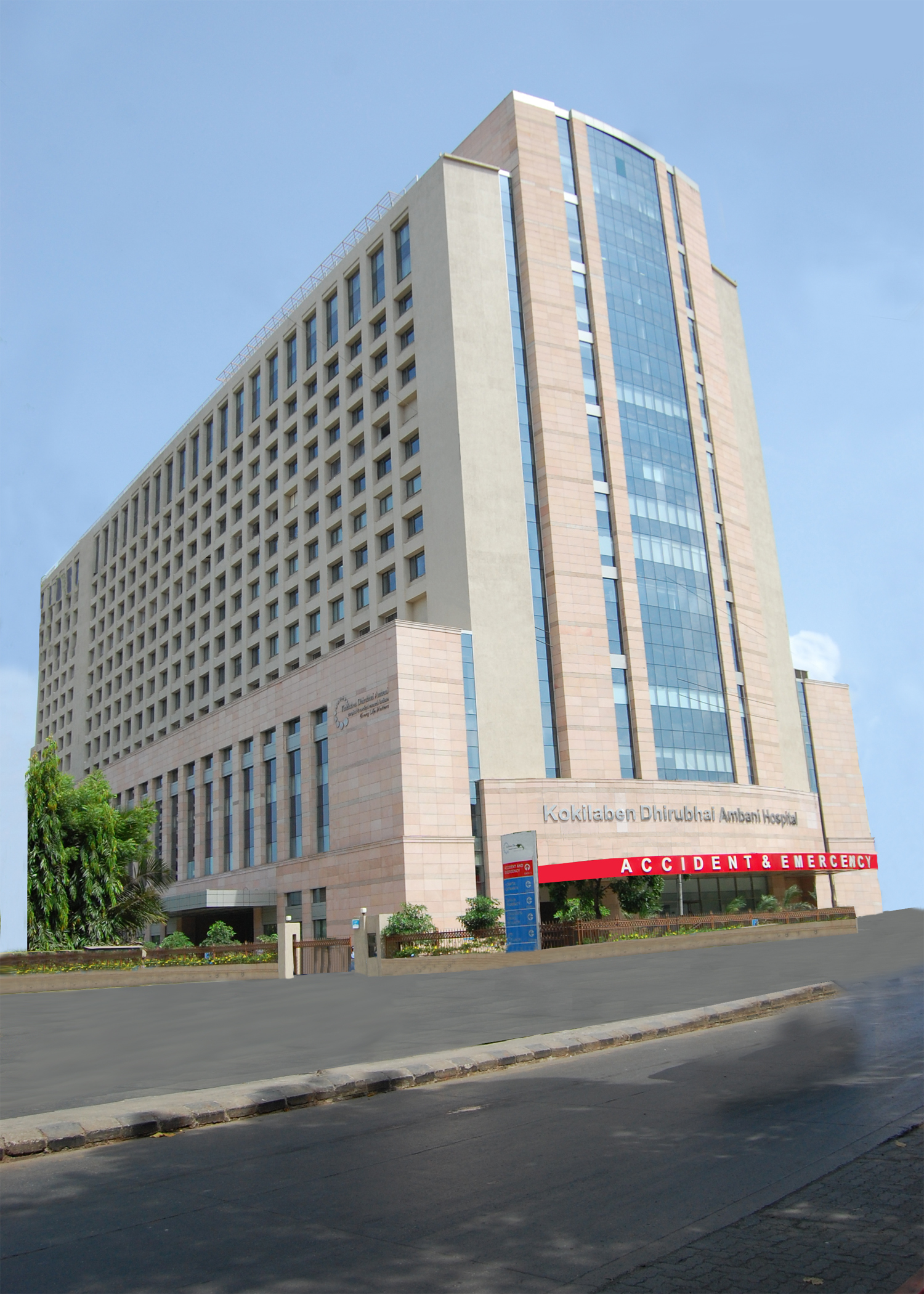Is Coronary Angiography Safe? What Every Patient Should Know
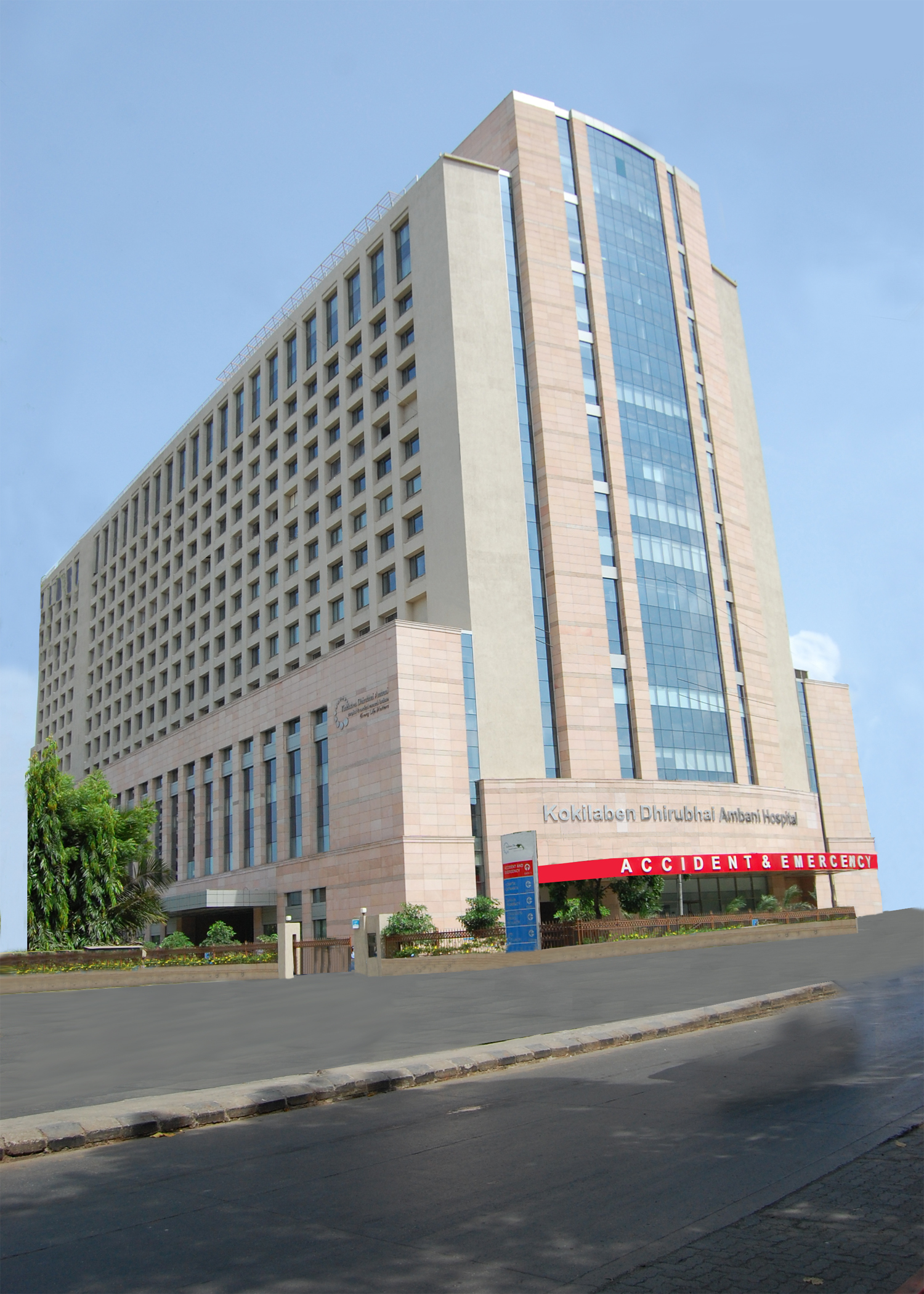
When it comes to heart health, early detection and accurate diagnosis can make a life-saving difference. One of the most effective diagnostic tools available today is coronary angiography. However, many patients hesitate to undergo the procedure due to fear or uncertainty. “Is coronary angiography safe?” is a common question asked by patients and their families. This blog answers that question in detail and provides valuable insights into the safety, benefits, and process of coronary angiography.
Whether you’re considering coronary angiography in Mumbai or looking for CT angiography near me, here’s what you need to know.
What is Coronary Angiography?
Coronary angiography is a medical imaging procedure used to visualize the blood vessels that supply blood to your heart, known as the coronary arteries. The goal is to identify any narrowing, blockages, or abnormalities in these arteries that may lead to chest pain, heart attacks, or other cardiovascular issues.
There are two main types of coronary angiography:
Invasive Coronary Angiography – A catheter is inserted into a blood vessel (usually in the wrist or groin) and guided to the coronary arteries. Contrast dye is then injected, and X-ray images are taken.
CT Coronary Angiography – A non-invasive method that uses a CT scanner along with contrast dye to create detailed images of the coronary arteries.
Is Coronary Angiography Safe?
The short answer is: Yes, coronary angiography is generally safe, especially when performed in a well-equipped hospital by an experienced team. It is one of the most widely performed cardiac diagnostic tests worldwide and is considered low-risk for the majority of patients.
That said, no medical procedure is entirely without risk. Here’s a breakdown of the potential risks involved and how they are managed:
Common but Minor Risks:
- Bruising or bleeding at the catheter insertion site
- Temporary discomfort or pain in the groin or arm (in invasive procedures)
- Allergic reactions to the contrast dye (rare and treatable)
- Dizziness or nausea shortly after the procedure
Rare Complications:
- Irregular heart rhythm
- Blood vessel damage
- Kidney issues due to contrast dye
- Heart attack or stroke (extremely rare; less than 1% incidence)
In most cases, complications are mild and manageable, especially in a modern cardiac setup. If you’re planning to undergo coronary angiography in Mumbai, hospitals like Kokilaben Dhirubhai Ambani Hospital follow international safety protocols to minimize risks and ensure maximum patient safety.
How Is the Procedure Done?
- For Invasive Coronary Angiography:
- The patient is given a mild sedative.
A local anesthetic is applied to the area where the catheter will be inserted.
The catheter is threaded through a blood vessel to the heart.
Contrast dye is injected, and X-ray images are taken.
The entire process typically takes 30 to 60 minutes.
For CT Coronary Angiography:
- No catheter is required.
- The patient lies on a CT scan table.
- A contrast dye is injected through an IV.
- The scanner captures high-resolution images of the coronary arteries.
- This test is usually completed in 10–15 minutes and is completely non-invasive.
Coronary Angiography in Mumbai: Where to Go?
If you're looking for reliable, advanced, and safe coronary angiography in Mumbai, Kokilaben Dhirubhai Ambani Hospital is a top choice. The hospital is equipped with state-of-the-art imaging technology and a highly experienced team of interventional cardiologists and radiologists.
Kokilaben offers both invasive and CT coronary angiography, allowing patients to choose the best option based on their condition and doctor’s recommendation.
For people searching CT angiography near me, it's essential to choose a center that:
- Has advanced diagnostic technology
- Follows strict infection control protocols
- Employs experienced cardiologists and radiologists
- Offers pre- and post-test counseling
When Should You Get a Coronary Angiography?
- Your cardiologist may recommend coronary angiography if:
- You experience chest pain or angina
- You have abnormal results from a stress test or ECG
- You suffer from shortness of breath or unexplained fatigue
- You’ve had a heart attack
- You have a family history of heart disease
- You’re being evaluated for angioplasty or heart surgery
- Don’t wait for symptoms to worsen. Early diagnosis can prevent a life-threatening cardiac event.
How to Prepare for the Test
- Your doctor will guide you through the preparation steps, which may include:
- Fasting for 4–6 hours before the procedure
- Informing your doctor about any medications or allergies
- Arranging someone to accompany you after the test
- Staying hydrated after the procedure to flush out contrast dye
Final Thoughts: Is It Worth It?
Absolutely. The benefits of coronary angiography far outweigh the minimal risks involved. Early detection of blockages or heart disease can lead to timely interventions — saving lives and improving quality of life.
If you’re searching for coronary angiography in Mumbai or looking for a reliable CT angiography near me, don’t compromise on quality and safety. Choose a trusted name like Kokilaben Hospital, known for its expertise, care, and cutting-edge diagnostics.
Book Your Appointment Today
Concerned about your heart health? Don’t ignore the warning signs. Schedule your consultation and coronary angiography at Kokilaben Hospital for expert care and peace of mind.
Note: IndiBlogHub features both user-submitted and editorial content. We do not verify third-party contributions. Read our Disclaimer and Privacy Policyfor details.



